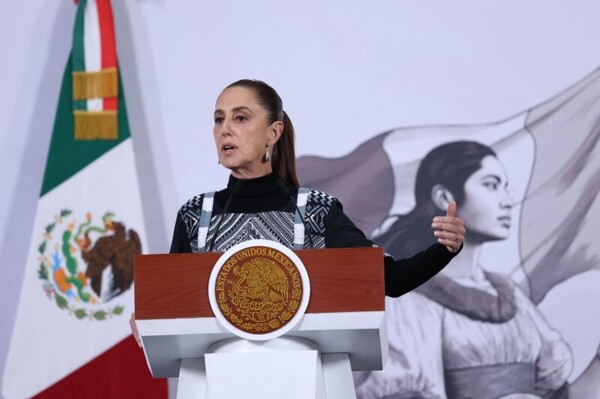
According to the latest estimates, Gross Domestic Product (GDP) is expected to grow two-tenths less than previously forecasted in December 2025, at 2.2%, and five-tenths less in 2026, at 1.6%. On the other hand, inflation would increase to 2.8% this year and to 2.6% next year, compared to the 2.5% recorded in 2024.
Canada has already increased tariffs on certain imports from the United States and plans to expand the affected products starting in April. In contrast, Mexico has not yet taken specific measures, but has expressed its intention to respond in a general manner.
The expected recession in Mexico is forecasted to have a negative impact on Spanish companies with larger investments in the country. This scenario would represent the first setback for the Mexican economy since the pandemic year.
The Mexican economy would shift from a growth of 1.5% in 2024 to a contraction of 1.3% in 2025 and an additional drop of 0.6% in 2026. Indicators show a weakening in global growth in the first quarter of 2025, with a slowdown in various areas, including business surveys and service production.
Mexico's dependence on exports to the United States is 80%, making it vulnerable to trade tensions. Spain is the second country with the highest foreign investment in Mexico, after the United States.
On the other hand, Canada would face a slowdown in its economic growth, dropping from 1.5% in 2024 to 0.7% in 2025 and 2026. Inflation in Mexico reached 4.7% in 2024, while Canada had weak growth in 2020 after a 5% drop.
The tariffs announced by the United States will have an impact on the global economy, decreasing growth projections. This scenario could affect consumers, businesses, and banks both in Mexico and Canada, in addition to generating greater political uncertainty.
Economic projections are based on a scenario where tariffs between Canada, Mexico, and the United States increase significantly. Trade relations between these countries would be affected, threatening the economic integration achieved through the T-MEC agreement.
A notable increase in inflation is expected, while weaker global growth is projected as a result of the tariff war between these trading partners. This situation could hinder long-term spending decisions and affect economic activity in general.














